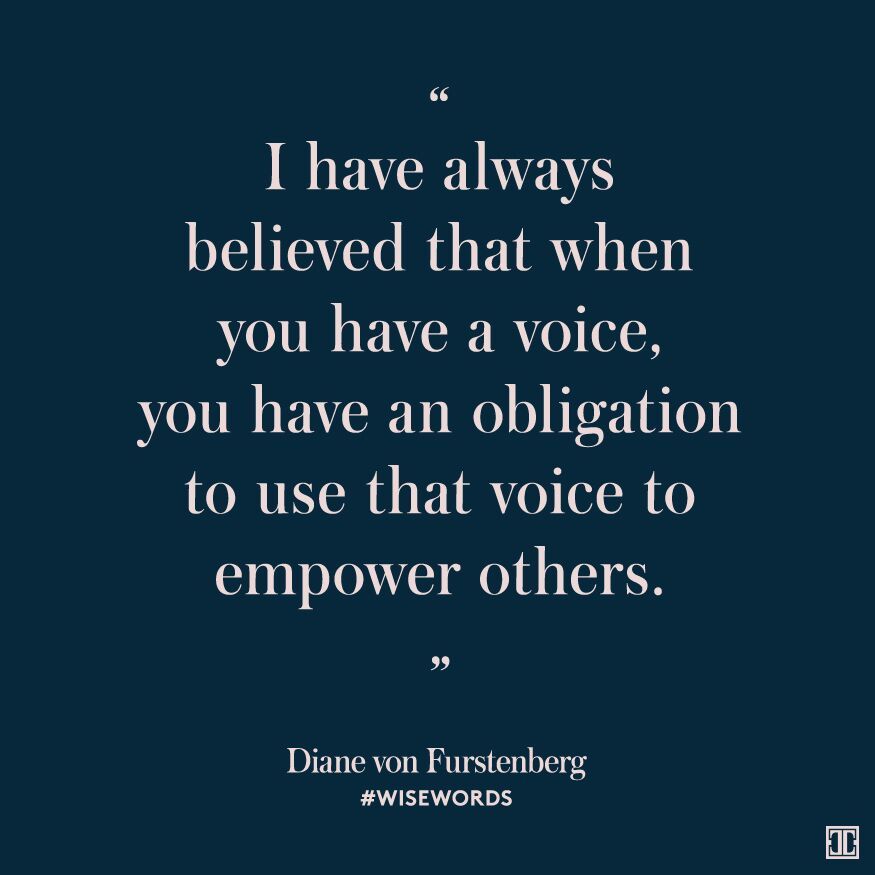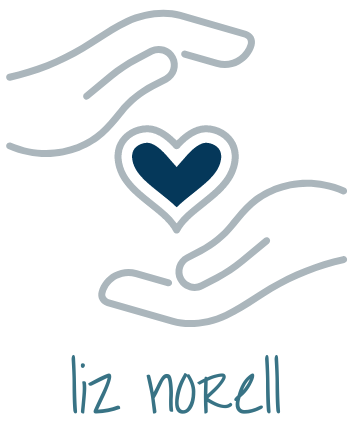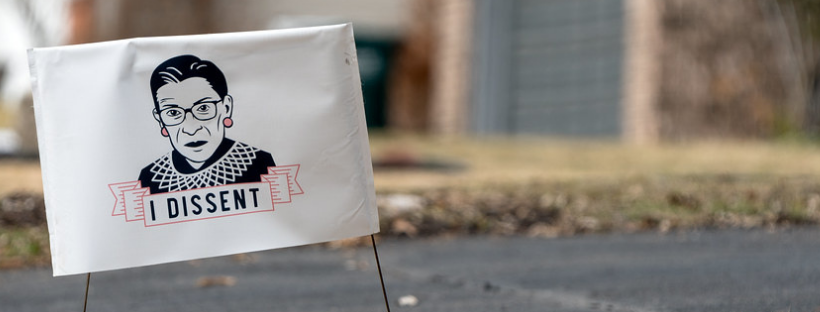Today is our third day of classes on my college’s campus. In person, without any legal backup to mandate masks or vaccines, or even require COVID-positive reporting. In other words, we’re well underway at becoming a COVID hotspot. It’s inevitable. In my class today, 1/3 of my students had masks on. I am literally not allowed to require otherwise.
The dissonance is paralyzing. At that same institution, for almost a year now, we have touted our work–significant investments of time and money–to become an organization with a culture of “truly human leadership.” This model, developed by Bob Chapman, suggests that the care of one another is more important than anything else in an organization.
One coach writes: “Think about the worst job you’ve ever had. What was it about it that was so awful? For many, the frustration comes in not feeling like they matter. People go to work and feel like a cog in a machine, guided by leaders who value profits over the people who make them possible. This lack of fulfillment follows workers home with them and can put a strain on relationships and even their health.”
“Bob Chapman measures success as ‘the way we touch the lives of people.’ Truly human leaders know that, in taking care of the needs of people who work for them, everyone will eventually reap the benefits. Giving employees space where they feel valuable encourages them to constantly strive for improvement. This inevitably leads to greater productivity, reduced worker turnout, and higher profits.”
Truly human leadership would take the necessary actions to protect those under their care. It would look at the soaring (increasing exponentially) numbers of local K12 students quarantining because of COVID exposure and deduce in-person gatherings in rooms that do not allow for adequate distancing are irresponsible.
Truly human leadership would protect lives first, and bottom lines second.
How many people will have to die before we decide the risks aren’t worth it?
HOW MANY PEOPLE HAVE TO DIE?
As with other similarly situation institutions, my employer is worried about enrollment. Enrollment is down everywhere, especially at community colleges. And yet, I am at a loss to understand how endangering the lives of your students (and by extension their family members) helps reverse challenging enrollment numbers.
Just as I don’t understand why Republican governors are willing to put the lives of their voters at risk, I don’t understand why institutions think that the short-term boost in happiness provided by in-person gatherings with the so-called freedom to gather unmasked is magically going to improve our enrollment outlook long term?
Who will replace the students who die… or who get so sick, or their family members get so sick, they can no longer feasibly incorporate college into their lives.
A University of Alabama at Huntsville philosophy professor — who had tenure, mind you — resigned his job over his college’s inaction to protect students and employees. Writing on Twitter (and in his resignation letter), Dr. Fischer said:
“It seems that only when we reach a political, as well as public health, crisis will our university move most or all of our classes safely online. But this is a moral emergency, not a time for craven and timorous — or self-serving responses. Our situation should be regarded alongside not only the 1918 flu, but the Tuskegee study. We know what it takes to protect community health and very likely save lives, and we have the ability to do it; what is lacking is the collective willingness to do so.
“And I find myself compelled to consider whether my continued relationship with UAH might render me complicit in a moral atrocity. Therefore, I have decided to resign my position … effective immediately.”
I empathize. I don’t know how long I will last, either, if we continue to sacrifice the lives of our most vulnerable for absolutely no morally defensible reason.





